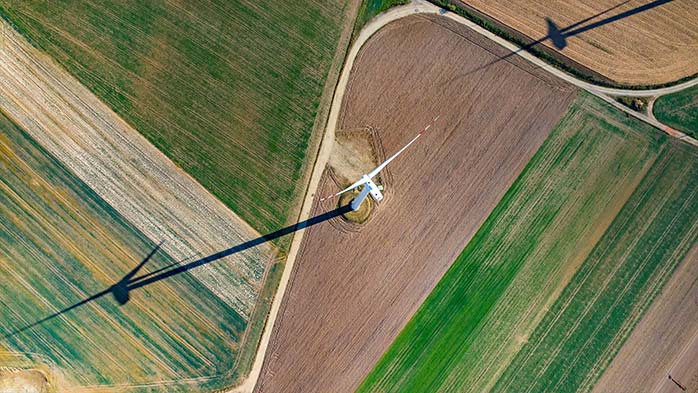The global clean technology market is experiencing a power shift. China has emerged as a dominant player, boasting significant production capacity and adoption rates in solar panels, electric vehicles (EVs), and wind turbines. However, this rapid growth has triggered concerns within the European Union (EU) about unfair competition and potential threats to its own clean-tech ambitions.
China has become a rising power in clean technology
China has emerged as a global leader in clean technology, aggressively expanding its production of solar panels, EVs, and wind turbines. This dominance is fuelled by several factors, including significant government investments, a vast domestic market, and robust manufacturing capabilities. As such, Chinese clean-tech products have been capturing a surging market share in recent years.

When overcapacity becomes a double-edged sword
China's rapid clean-tech expansion has resulted in an oversupply of clean tech products (Figure 2). This surplus of production capacity in the past few years has triggered a price war, with Chinese firms offering their products at increasingly competitive rates. While this could make the global energy transition more affordable, European companies – recently burdened by higher energy and production costs – find it increasingly difficult to maintain profitability in the face of this relentless price pressure. There have already been fears of ‘de-industrialisation’ in Europe.

Protecting domestic industries with the FSR
The EU is deeply concerned about the potential erosion of its clean-tech sector due to cheap Chinese imports. To address these concerns, the EU has implemented the Foreign Subsidies Regulation (FSR). This new legislation empowers the EU to investigate the use of foreign subsidies by non-EU companies and impose corrective measures if a distortion of competition is established. Recent anti-subsidy investigations launched against Chinese imports exemplify the EU's proactive approach in wielding the FSR.
A turning point for global clean tech?
The application of the FSR and its potential outcomes remain to be seen. On one hand, the investigations could deter unfair competition and create a more level playing field for European clean-tech companies. However, this assertive stance by the EU also carries the risk of increasing the domestic cost of green tech, slowing down the energy transition in Europe and damaging the competitiveness of other manufacturing subsectors. It also runs the risk of escalating trade tensions with China. Finding a balance between protecting domestic industries and fostering healthy trade relations with China will be crucial in navigating this complex landscape.
The EU's actions mark a significant shift in the global clean-tech landscape. The effectiveness of the FSR in achieving its objectives will be closely monitored. The coming months will reveal whether this can be a catalyst for a more equitable and sustainable clean-tech ecosystem, or if it triggers a series of tit-for-tat trade measures that could ultimately hinder global progress towards a greener future.
If you are keen to hear more about our views on China and global economy, please get in touch with our CRU economists:
Henry Hao: Hangwei.Hao@crugroup.com
Alex Tuckett: Alex.Tuckett@crugroup.com
Explore this topic with CRU
